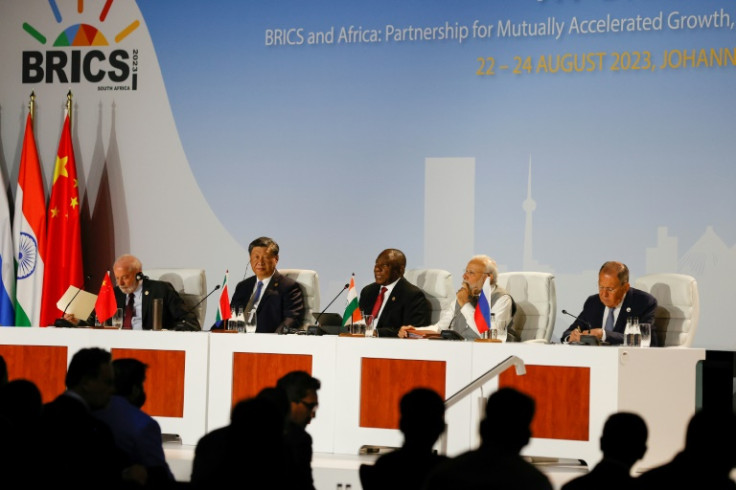Deputy President Mashatile Thanks BRICS Bank For Supporting South African Infrastructure

Deputy President Paul Mashatile thanked the BRICS New Development Bank (NDB) for supporting South African infrastructure investment, noting that the bank has provided $5.6 billion in loans to South Africa over the past eight years.
Speaking at the Energy Seminar convened by the BRICS New Development Bank at the Cape Town International Convention Centre, the deputy president said the NDB has approved $2.3 billion for 10 renewable energy projects including solar PV, wind, hydropower, biomass and hybrid systems with storage.
These projects aim to add 2.8GW of generation capacity and cut CO2 emissions by over 4 million tonnes each year.
Mashatile also praised the bank's plans to help Transnet fix issues with freight rail infrastructure. He noted that this project is crucial for making South Africa's goods system more competitive and supporting the country's economic growth.
He mentioned that they discussed the problem of slow payments for approved projects in South Africa. He talked about this with Finance Minister Enoch Godongwana and his team, who promised to address the issue.
"We are also impressed that the bank has appointed former National Treasury official Mr. Monale Ratsoma as its Chief Financial Officer and Vice-President. We will work with you to ensure that the pledge that the bank made of US$3 billion at the BRICS Summit comes to reality because it is focused on supporting our energy strategy," he said, SA News reported.
Deputy President told the NDP President that the government is keen to learn from China's experience in quickly expanding renewable energy and upgrading its grid.
He also mentioned wanting to understand India's successes in rural electrification and large-scale renewable projects, Brazil's expertise in hydroelectric power and bioenergy, and Russia's strategies for managing a large transmission network and its advancements in nuclear energy.
Mashatile added, "We hope to gain insights into effective models for private sector participation in transmission infrastructure development; strategies for balancing grid stability with the integration of variable renewable energy sources; innovative financing mechanisms for large-scale energy projects and best practices in managing the socio-economic aspects of energy transitions."
The deputy president told delegates that speeding up the construction of new cities will help manage the large number of people moving from rural areas to urban areas. This move aims to ease the pressure on cities, which currently face issues like traffic congestion, housing shortages, and, to some extent, higher crime rates.
© Copyright 2025 IBTimes ZA. All rights reserved.





















